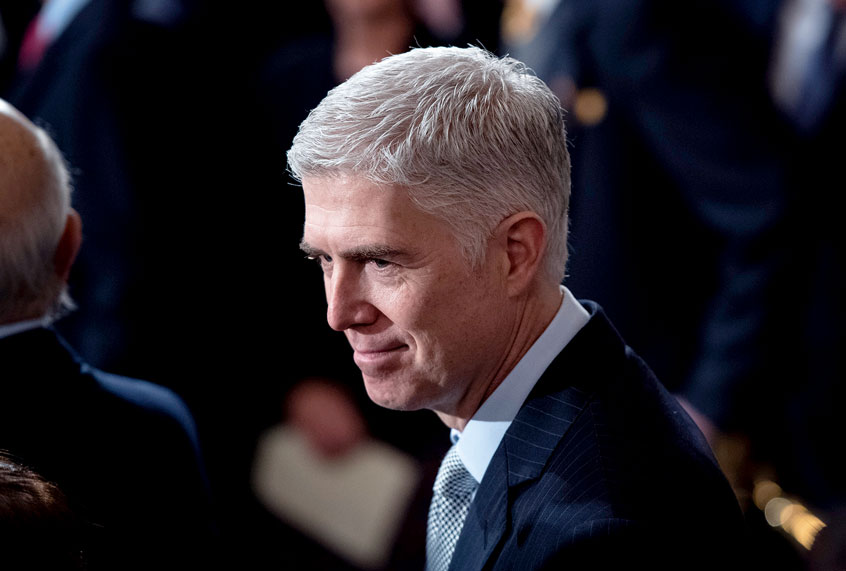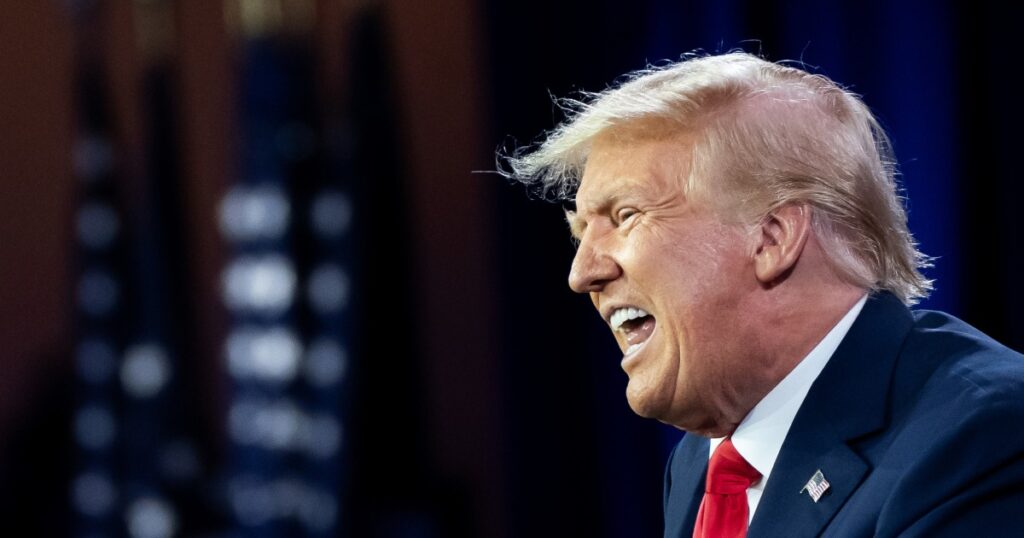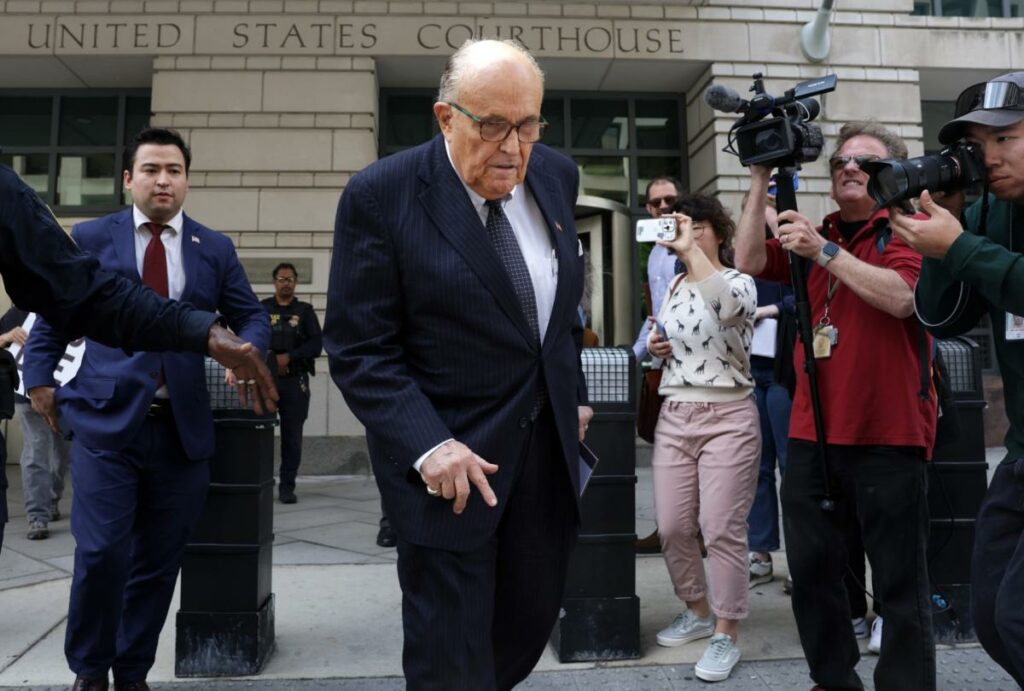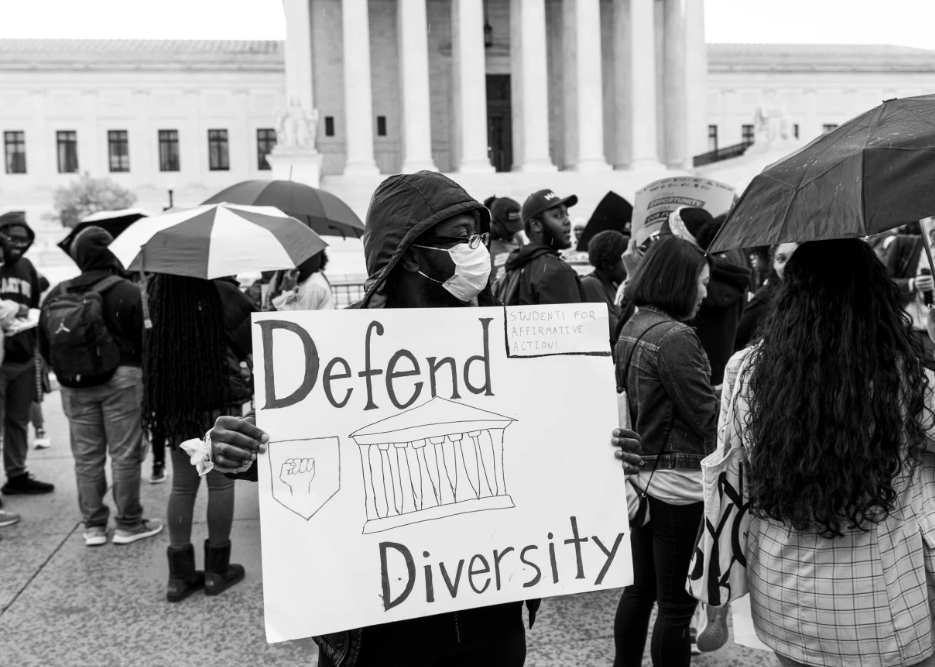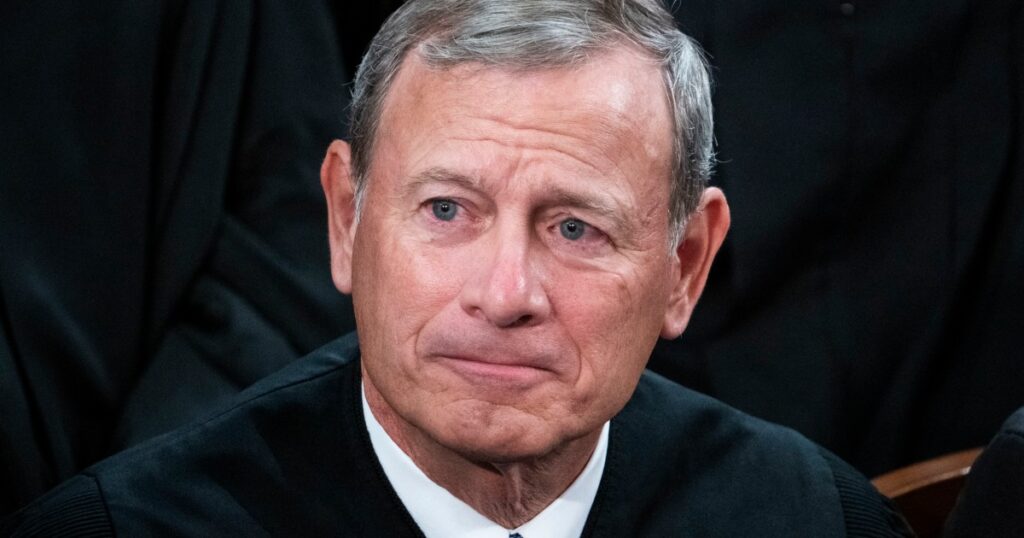Supreme Court’s Recent Decisions Expose Radicalism and Illegitimacy
After the Supreme Court’s refusal to overturn the 2024 election and the subsequent decline in public approval, there was a glimmer of hope that the court was dialing back its radicalism. However, recent decisions have shattered that hope and revealed the true nature of the court’s conservative justices. From overturning precedent on affirmative action to ruling against student loan forgiveness, the court has shown a blatant disregard for the law, precedent, and facts.
The Case of 303 Creative LLC v. Elenis: A Fraudulent Clown Show
One case that perfectly exemplifies the illegitimacy of the current Supreme Court is 303 Creative LLC v. Elenis. This case, brought by the Alliance Defending Freedom (ADF), is a complete fraud. It is a rehash of a previous case that had already been decided against ADF. The “facts” of the case are entirely made up, with the plaintiff suing over a hypothetical situation that had never actually occurred. The entire story may even be fabricated, as the alleged request for services from a same-sex couple seems to be a coincidence conveniently timed to support ADF’s baseless claim.
ADF’s Motive: Avoiding Bad Public Relations
ADF’s decision to pursue a hypothetical case instead of a real one is likely motivated by the bad public relations they faced in a previous case. By presenting a real case, ADF inadvertently humanized the victims of discrimination and exposed the bigotry of the defendant. With 303 Creative, there are no real victims to sympathize with, making it easier for ADF to present a one-sided narrative. This tactic allows them to downplay the harm caused by discrimination.
The Supreme Court’s Complicity in the Fraud
The fact that the Supreme Court even entertained this fraudulent case is a clear sign of its illegitimacy. Federal courts, including the Supreme Court, do not have jurisdiction to decide hypothetical cases. Yet, the court failed to reject the case, further eroding its credibility. Justice Neil Gorsuch, the author of the opinion, has a history of relying on made-up facts to support his decisions, as seen in a previous case involving a football coach’s prayers at a public high school.
The Need for Court Reform
The Supreme Court’s recent decisions and controversies highlight the urgent need for court reform. The current iteration of the court is illegitimate and has forsaken its credibility. While court reform may seem like a pipe dream with Republicans in control of the House of Representatives, the untenable situation demands action. Americans must become fed up enough to strip the court of its power and restore sanity and legitimacy to its decisions.
Read more about the Supreme Court’s decisions and controversies this term.
Unveiling the Supreme Court’s Illegitimacy: A Shocking Fraud Case
In a shocking turn of events, a case of fraud has come to light, casting doubt on the legitimacy of the highest judicial body in the land, the Supreme Court. This revelation has sent shockwaves through the legal community and raises serious questions about the integrity of the justice system.
The case centers around a prominent judge, whose name has been withheld for legal reasons, accused of accepting bribes and manipulating court decisions for personal gain. The allegations against this judge are not only deeply troubling but also call into question the entire judicial process and the trust we place in the Supreme Court.
The Supreme Court is the ultimate arbiter of justice, responsible for interpreting the law and ensuring its fair application. Its decisions have far-reaching consequences, shaping the legal landscape and impacting the lives of millions. Therefore, any hint of impropriety within its ranks is a grave concern that demands immediate attention.
The allegations against this judge paint a picture of a deeply flawed system, where justice can be bought and manipulated. If proven true, it would mean that the highest court in the land, the very institution we rely on to uphold the principles of justice and fairness, has been compromised. This revelation undermines the very foundation of our legal system and erodes public trust in the judiciary.
The consequences of such a fraud case are far-reaching. It not only calls into question the legitimacy of past court decisions but also raises doubts about the future of the Supreme Court. How can we trust that the decisions made by this court are based on sound legal reasoning and not tainted by corruption? The implications for the rule of law and the functioning of our democracy are profound.
To restore faith in the justice system, a thorough and impartial investigation must be conducted. The accused judge must be held accountable for their actions, and if found guilty, face severe consequences. Additionally, measures must be put in place to prevent such incidents from occurring in the future. Stricter ethical guidelines, increased transparency, and robust oversight mechanisms are necessary to safeguard the integrity of the Supreme Court.
Moreover, this case should serve as a wake-up call for society as a whole. It is a reminder that no institution is immune to corruption and that constant vigilance is required to ensure the integrity of our democratic institutions. We must demand accountability and transparency from those in power, and actively participate in the democratic process to safeguard the principles of justice and fairness.
In conclusion, the fraud case that has unveiled the Supreme Court’s illegitimacy is a shocking revelation that shakes the very core of our justice system. The allegations against a prominent judge raise serious concerns about the integrity of the highest judicial body in the land. It is imperative that a thorough investigation takes place, and measures are implemented to prevent such incidents in the future. Only through these actions can we restore faith in the Supreme Court and uphold the principles of justice and fairness upon which our democracy is built.

